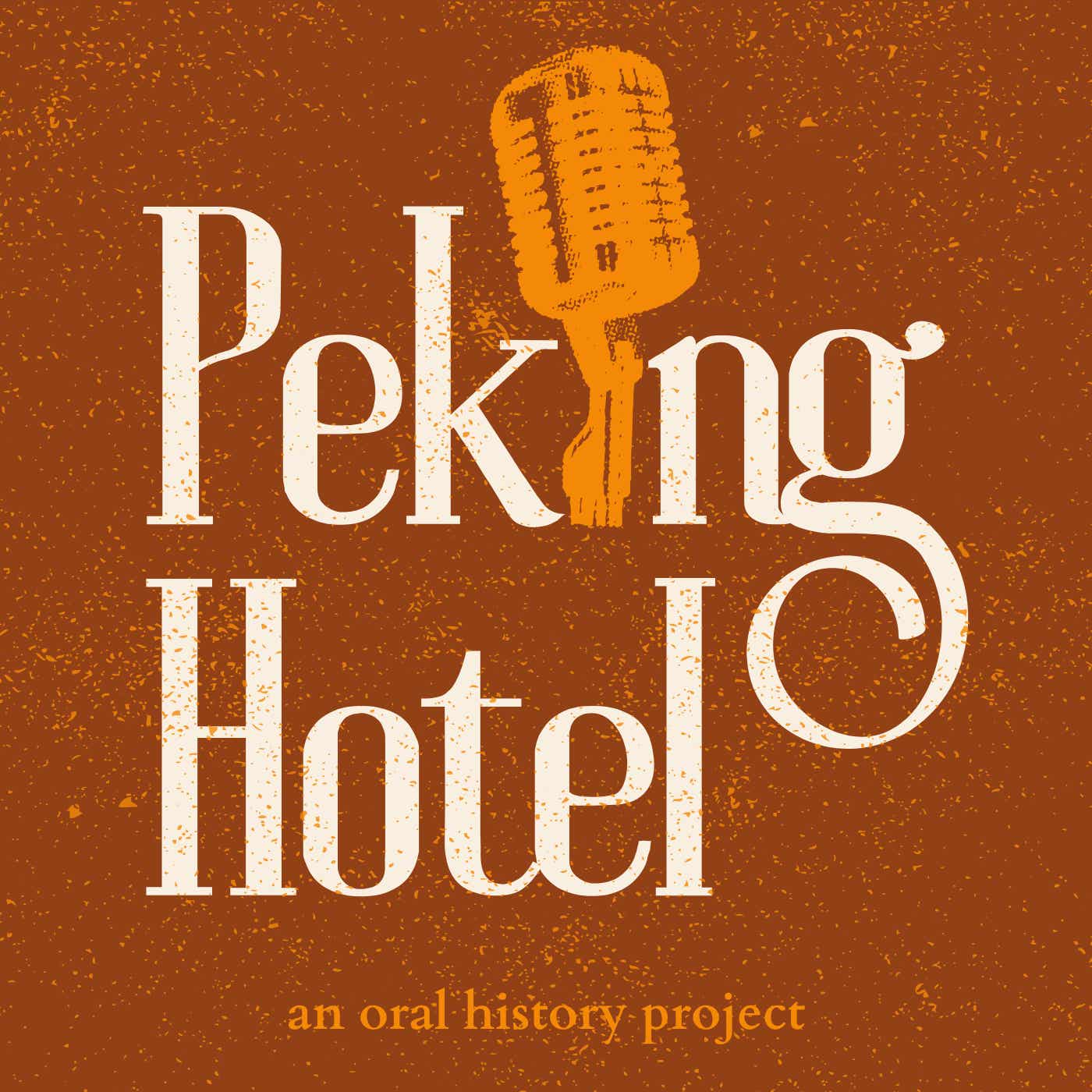
The death of U.S.-China engagement and the political future of China — with Susan Shirk

Peking Hotel with Liu He
Deep Dive
Shownotes Transcript
Click here for Lunar New Year community livestreaming signup. 6pm Pacific Time, Jan 29th)
I never deliberately timed this piece with the presidential inauguration of Donald Trump, yet now that we have stumbled upon this occasion, it also seems fitting. For to answer the question “what will Trump do about China?” it is necessary to revisit and review the recent history of U.S.-China relations, the dynamics of both American and Chinese domestic politics, and the macro forces shaping the political environment. Luckily, we are gifted with another piece of oral history from our honorable guest, Prof. Susan Shirk of UC San Diego.
Followers of this Substack will find her a familiar figure, for we have so far published two pieces of her oral history (part one) and part two)). For new readers, I will introduce Prof. Shirk again: She is a research professor at the UC San Diego School of Global Policy and Strategy, director-emeritus of the 21st Century China Center), and director-emeritus of the UC Institute on Global Conflict and Cooperation (IGCC)). She is one of the West’s foremost thinkers on Chinese elite politics and political institutions, who, having first travelled to China in the early ‘70s, has witnessed the country from the Mao to the Xi eras. Between 1997 and 2000, Susan served in the Clinton administration as the Deputy Assistant Secretary of State, overseeing U.S. relations with China, Taiwan, Hong Kong, and Mongolia.
This interview took place last summer. Much has happened since then, not least the election of Trump. Some parts of this interview may be slightly outdated, but I find it holds up well. Many regard Trump as a hawkish figure on China, so it is refreshing to hear Susan raise the possibility of a U.S.-China reengagement under Trump. America has a history of anti-communist presidents exercising a policy of engagement, from Richard Nixon to Ronald Reagan; being anti-communist is almost a prerequisite in American politics to practice rapprochement, since only then are you trusted enough to speak to enemies. Maybe history will repeat itself under Trump.
However, most of this interview — which was edited for brevity and clarity — is not about Trump but about China’s own political future. We review missed opportunities and key turning points in the recent history of U.S.-China relations, political changes under Xi Jinping, Susan’s personal relationships with key Chinese foreign policy figures Wang Yi and Fu Ying, and a contemplation of Chinese politics after Xi.
Hope you enjoy.
Best,
Leo
For quick navigation to the specific sections:
The death of U.S.-China cooperation: “China’s behaviour changed. Our reaction also changed.”)
Discontent and dictatorial leadership under Xi)
China during the “garbage time of history” and beyond)
Peking Hotel is a reader-supported publication. To receive new posts and support my work, consider becoming a free or paid subscriber.
Recommended readings
Susan Shirk, 2022, Overreach, Oxford University Press
Susan Shirk, 1993, The Political Logic of Economic Reform in China, University of California Press
About us
The Peking Hotel podcast and newsletter are digital publications in which Liu He interviews China specialists about their first-hand experiences and observations from decades past. The project grew out of Liu’s research at Hoover Institution collecting oral history of China experts living in the U.S. Their stories are a reminder of what China used to be and what it is capable of becoming.
We also have a Chinese-language Substack). We hope to publish more conversations like this one, so stay tuned!
Thanks for reading Peking Hotel! This post is public so feel free to share it. Get full access to Peking Hotel at pekinghotel.substack.com/subscribe)